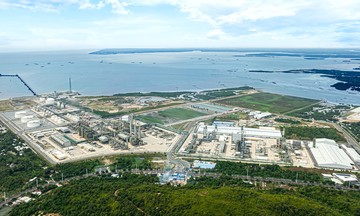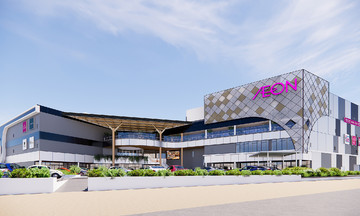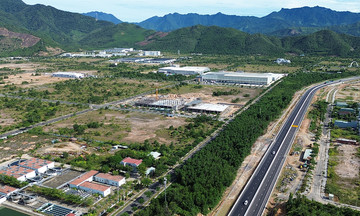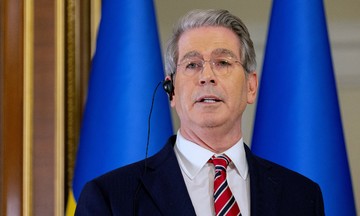Known for its vast oil and gas reserves in the North Sea, Norway is a leader in the transition from internal combustion engine (ICE) cars to electric vehicles (EVs) in Europe. According to the Norwegian Electric Vehicle Association (NEVA), around 30% of all passenger cars on the road are fully electric. In Oslo, the capital, this figure reaches 40%.
It's not uncommon for pedestrians waiting at a red light to see a silent stream of EVs whizzing by. Christina Bu, NEVA's Secretary General, says the transition happened so quickly that some people haven't fully realized its extent.
The benefits are significant. "Cleaner air, less noise, and a change that hasn't significantly impacted consumers. They love driving EVs, and they work very well," Bu said.
In 2010, EVs made up less than 1% of total car sales in Norway. Last year, that number reached 88.9%, and the growth shows no signs of slowing down. The Norwegian Public Roads Administration reports that EVs accounted for over 93% of new car sales at the beginning of this year.
In comparison, EVs represented 15.4% of total new car sales in the European Union early this year. In the US, the figure was 7.5% in the first quarter, according to Kelley Blue Book data. So how did ICE cars get replaced in Norway?
Norwegian Minister of Transport Cecilie Knibe Kroglund attributes the country's success in transitioning to EVs to long-term, consistent policy planning. "Besides infrastructure, we have numerous tax incentives and subsidies for users," Kroglund stated.
According to DW, Norway exempts EVs from VAT and import taxes, which can account for one-third to nearly one-half of the price of a new car. EVs are also exempt from toll road fees and parking charges. They are even permitted to use bus lanes in and around Oslo.
The government has also invested heavily in public charging infrastructure, and many Norwegian households can charge their cars at home. NEVA reports that the nation of 5.5 million people recently reached a milestone of 10,000 fast-charging stations nationwide.
Bu says that in addition to tax exemptions for EVs, Norway has steadily increased taxes on gasoline and diesel cars. Over the past three years, fuel taxes have doubled from an already high base level. "Polluting vehicles are taxed to the point of being unsustainable in Norway," she said.
According to Bu, strongly incentivizing EVs and heavily taxing gasoline cars without outright banning them has been a crucial policy choice. "Bans would anger people. People don't like being told what to do," she explained.
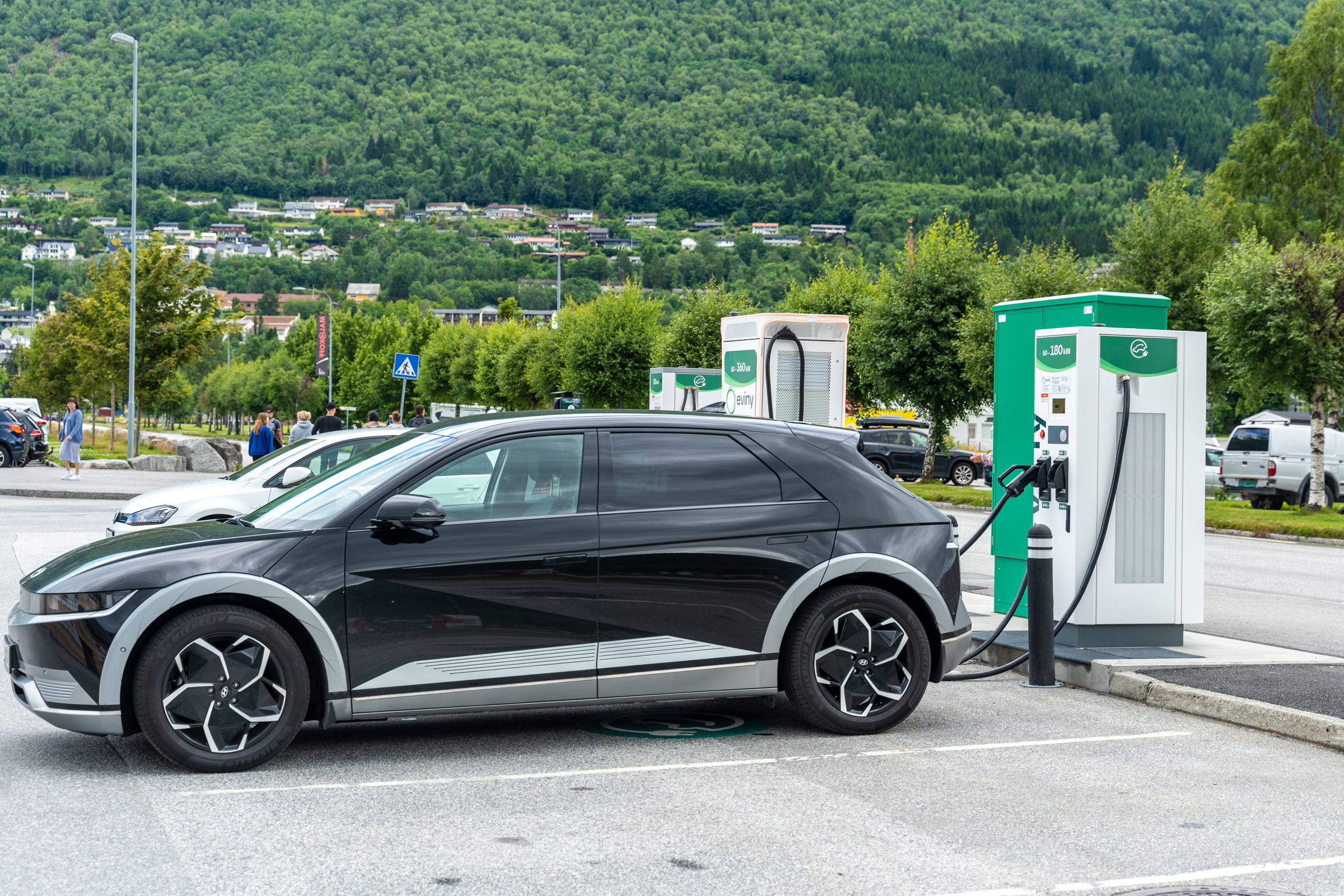 |
Electric vehicles charging at a station in Norway, 12/7/2023. Photo: Reuters |
Electric vehicles charging at a station in Norway, 12/7/2023. Photo: Reuters
Furthermore, Norway's lack of lobbying groups from traditional car manufacturers is believed to be a factor in promoting EV adoption over the years. "We are not a car-producing country, so taxing cars is straightforward," said Ulf Tore Hekneby, CEO of Harald A. Moeller, Norway's largest car importer.
These policies have benefited EV manufacturers. Despite declining sales for six consecutive months in France, Sweden, Denmark, and Italy, Tesla saw a 54% increase in Norway last month. The Model Y alone saw a 115.3% year-on-year increase, with 5,004 units sold.
Chinese brands have also found opportunities. Last year, the combined market share of MG, BYD, and XPeng in Norway rose to 8.8%, from 5.1% in 2023, according to Reuters calculations.
However, Norway's path to becoming a global leader in EVs has not been without criticism. Some lawmakers have raised concerns about the fairness of the incentive policies, arguing they may disproportionately benefit high-income earners and undermine more sustainable transportation options like walking or cycling.
Additionally, the density of charging stations in Norway is uneven, with a much higher concentration in the south compared to the far north. Critics warn that the national grid may not be able to handle the pressure of uneven distribution. However, the rapid pace of station openings continues to alleviate these concerns.
Norway aims to achieve carbon neutrality by 2030. While transitioning to EVs, its economy remains heavily reliant on fossil fuel revenues. This creates a paradox compared to its ambitious green pronouncements and raises questions about its true role in the fight against climate change, according to CNBC.
Looking ahead, Transport Minister Cecilie Knibe Kroglund says Norway plans to fully transition to electric buses in urban areas by 2025 and aims for 75% of heavy vehicles to use renewable energy by the end of this decade.
"We must acknowledge that transportation plays a role in climate change. I think about 30% of pollution comes from this sector, so we have to act," Kroglund said.
Phien An (according to CNBC, Reuters)







